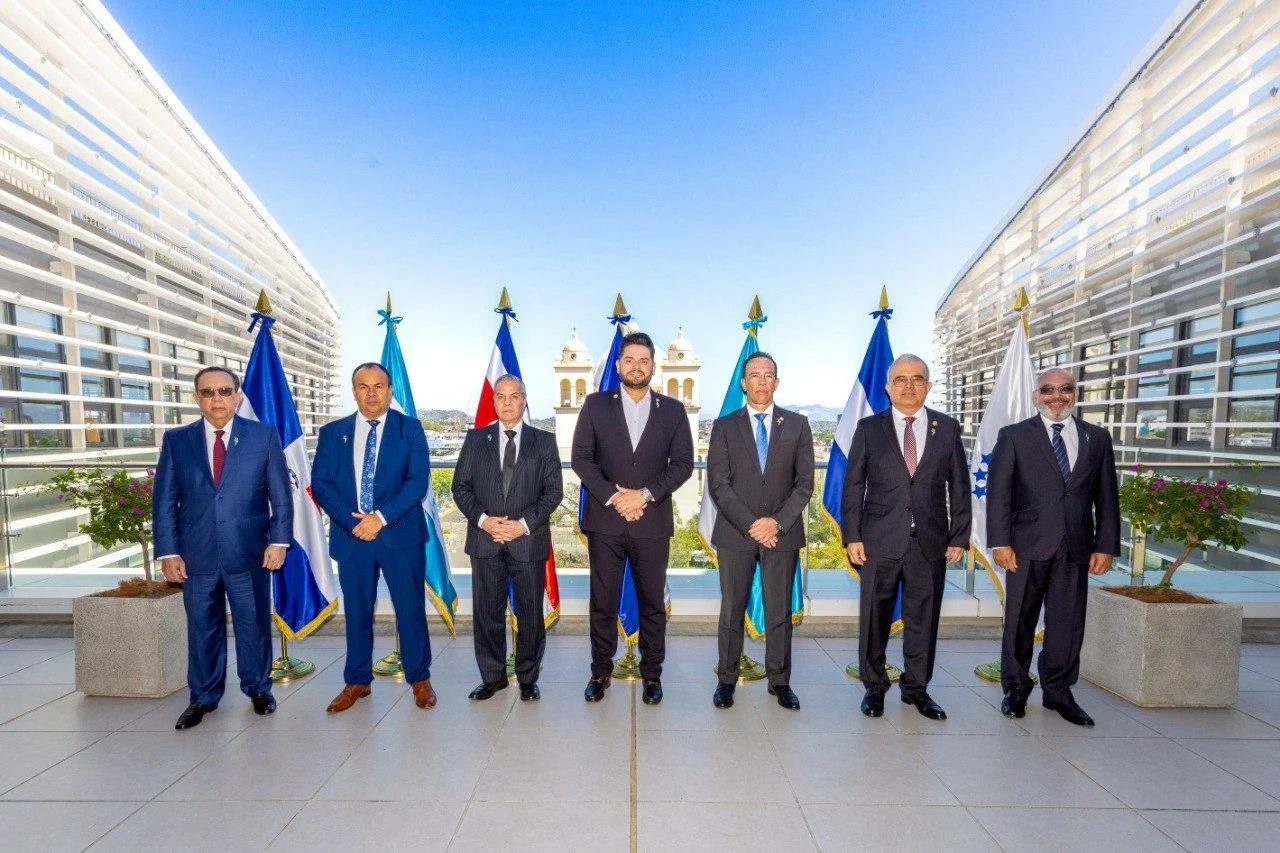El Salvador, DR.- Héctor Valdez Albizu, the Governor of the Central Bank of the Dominican Republic (BCRD), emphasized the noteworthy reduction in inflationary pressures as the primary accomplishment of the economy in 2023.
Attributing this success to the implementation of more favorable monetary and fiscal measures, Valdez Albizu revealed a decline in inflation from a peak of 9.64% in April 2022 to 3.32% in January 2024, surpassing the target range of 4.0% ± 1.0%.
The governor highlighted that these achievements paved the way for the initiation of a monetary stimulus plan, involving a 150-basis point reduction in the monetary policy rate, bringing it to 7.00% to date.
Speaking at the 60th-anniversary celebration and the 300th meeting of the Central American Monetary Council (CMCA) in San Salvador on February 22 and 23, Valdez Albizu also acknowledged a significant economic recovery in the last months of 2023. The fourth quarter saw a 4.2% expansion, and December recorded a 4.7% year-on-year growth, culminating in an average economic growth of 2.4% for 2023.
He highlighted positive developments in the labor market, with the employed population reaching its historical maximum at 4.9 million workers, reflecting a year-on-year increase of 178 thousand employed individuals by the end of 2023.
Turning to the external sector, Valdez Albizu commended the dynamism in the tourism sector, which, along with the energy and real estate sectors, attracted significant foreign direct investment (FDI) totaling US$4,381 million in 2023. Remittances amounted to US$10,157 million, and exports reached approximately US$12,900 million in 2023, with US$7,900 million attributed to free zones.
This positive external sector performance contributed to a reduction in the current account deficit to approximately -3.8% of GDP in 2023, primarily financed by FDI flows. The increase in foreign currency flows further strengthened international reserves, closing the year at around US$15,464 million, exceeding the International Monetary Fund’s recommended thresholds.
The exchange rate remained relatively stable, experiencing a year-on-year depreciation of 3.2% at the end of the year, below the average of the last five pre-pandemic years.
Regarding the economic outlook, Valdez Albizu anticipated that inflation would remain around the target range of 4.0% ± 1.0% for 2024, in an environment of active monetary policy. Economic activity is expected to continue the trajectory of GDP growth around 5.0 – 5.5% annually for this year.
The event, attended by the presidents and governors of the region’s central banks, featured welcoming remarks by Róger Madrigal López, president of the Central Bank of Costa Rica and president of the CMCA, and Douglas Rodríguez Fuente, president of the Central Reserve Bank of El Salvador, along with the executive secretary of the CMCA, Odalis F. Marte Alevante.
Commemorating the 60th anniversary of the Central American Monetary Council and its Executive Secretariat, the event reflected on the organization’s transformations over time and paid tribute to its contributions to regional macroeconomic and financial stability. Various speakers, including Marta Ruiz Arranz of the Inter-American Development Bank (IDB) and Alexandre Tombini of the Bank for International Settlements (BIS), provided insights into regional programs, challenges, and perspectives for 2024.
The gathering also featured presentations on digital innovation by the president of the Central Reserve Bank of El Salvador (BCRS), Douglas Rodriguez. Each central bank had the opportunity to present the current macroeconomic context and prospects for 2024, with discussions highlighting the significance of reducing inflation while maintaining regional economic growth.

